As temperatures drop and days get darker, the immune system becomes more vulnerable to viral and bacterial infections. Fortunately, nutrition plays a major role in supporting the body's defense mechanisms. Here's what foods you should include on your home menu and why—plus what recent research shows.
🔍 Why nutrition matters for immunity
Studies show that micronutrients (vitamins A, C, D, E, minerals such as zinc, selenium) and bioactive plant compounds (antioxidants, carotenoids, polyphenols) directly influence the activity of immune cells.
For example, according to Harvard, “a healthy immune system depends on a varied and balanced intake of food, along with adequate sleep, exercise and stress management.”
Therefore, it is not a “miracle pill” but a consistent eating style.
🥦 Top recommended foods (and how to integrate them)
1. Citrus fruits & red peppers Excellent sources of vitamin C, which supports the production of lymphocytes and the function of immune barriers.
Example:Orange juice for breakfast, raw red pepper salad for lunch.
2. Garlic, ginger, turmeric— have sulfuric compounds and polyphenols with anti-inflammatory effect, which can modulate the immune response.
Example:Vegetable soup with garlic and ginger, turmeric in pilaf or smoothie.
3. Green leafy vegetables (spinach, kale), broccoli, cabbage— fiber, vitamins, carotenoids, support for intestinal health, which is connected with immunity.
Example:salad for dinner with spinach + olive oil, steamed broccoli as a side dish.
4. Fatty fish (salmon, mackerel, sardines) + nuts and seeds— sources of omega-3, selenium, zinc, good fats that reduce chronic inflammation.
Example:baked salmon with asparagus or a handful of nuts as a snack.
5. Fermented products/probiotics (yogurt, kefir, pickles) + fiber-rich foodsThe gut microbiome influences immunity, so ferments and fiber are key.
Example:Greek yogurt for breakfast, pickles for lunch, fiber vegetables for dinner.
✅ Practical guide to the everyday menu
- Include at least 1-2 servings of raw vegetables+ 1 serving of cooked vegetables.
- add a serving of quality protein(fatty fish, chicken, eggs or vegetable source) most days.
- Uses good fats(extra virgin olive oil, nuts, avocado) for the absorption of fat-soluble vitamins.
- Reduce processed foods high in sugar and trans fats, which can weaken your natural defenses.
- Don't forget quality sleep (7-9 h), hydration and moderate exercise — these complement nutrition for a robust immune system.
📌 3 Major Benefits for You
- Reduced risk of respiratory infections— an optimal intake of micronutrients helps in the rapid response to viruses.
- Reduced inflammationAnti-inflammatory foods help to streamline the immune response and reduce internal “agitation.”
- Faster recoveryWith a healthy microbiome and proper nutrients, the body regenerates more efficiently after stress or illness.
🔗 Scientific sources
There is no “miracle” food, but a synergistic combination of fruits, vegetables, quality proteins and good fats. However, studies show that vitamin C (from citrus fruits, red peppers, kiwi) and zinc (from nuts, seeds, fish) have a central role in supporting white cells and reducing the duration of colds.
During fasting, the body activates the process of autophagy — it removes aging cells and stimulates the regeneration of immune ones. In addition, the decrease in systemic inflammation makes the immune response more balanced and effective.
It would be nice, but it's not that simple 😄. Garlic contains allicin — an antibacterial and antiviral compound — but its effect is modest if the overall diet is unbalanced. It can help as part of a healthy lifestyle, but it does not replace rest, hydration and full nutrition.









.svg.avif)













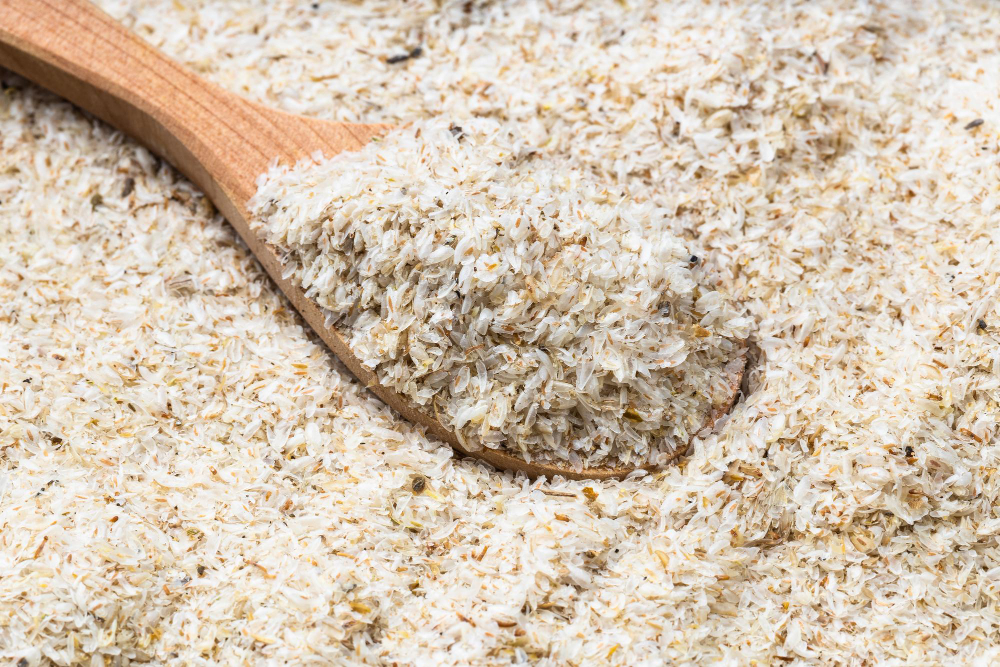




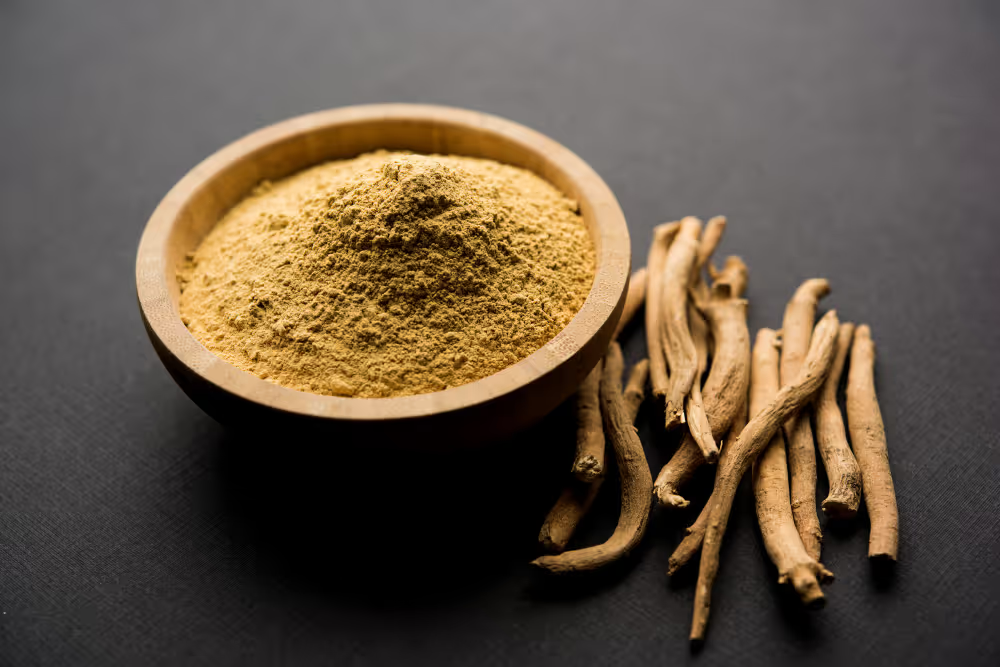
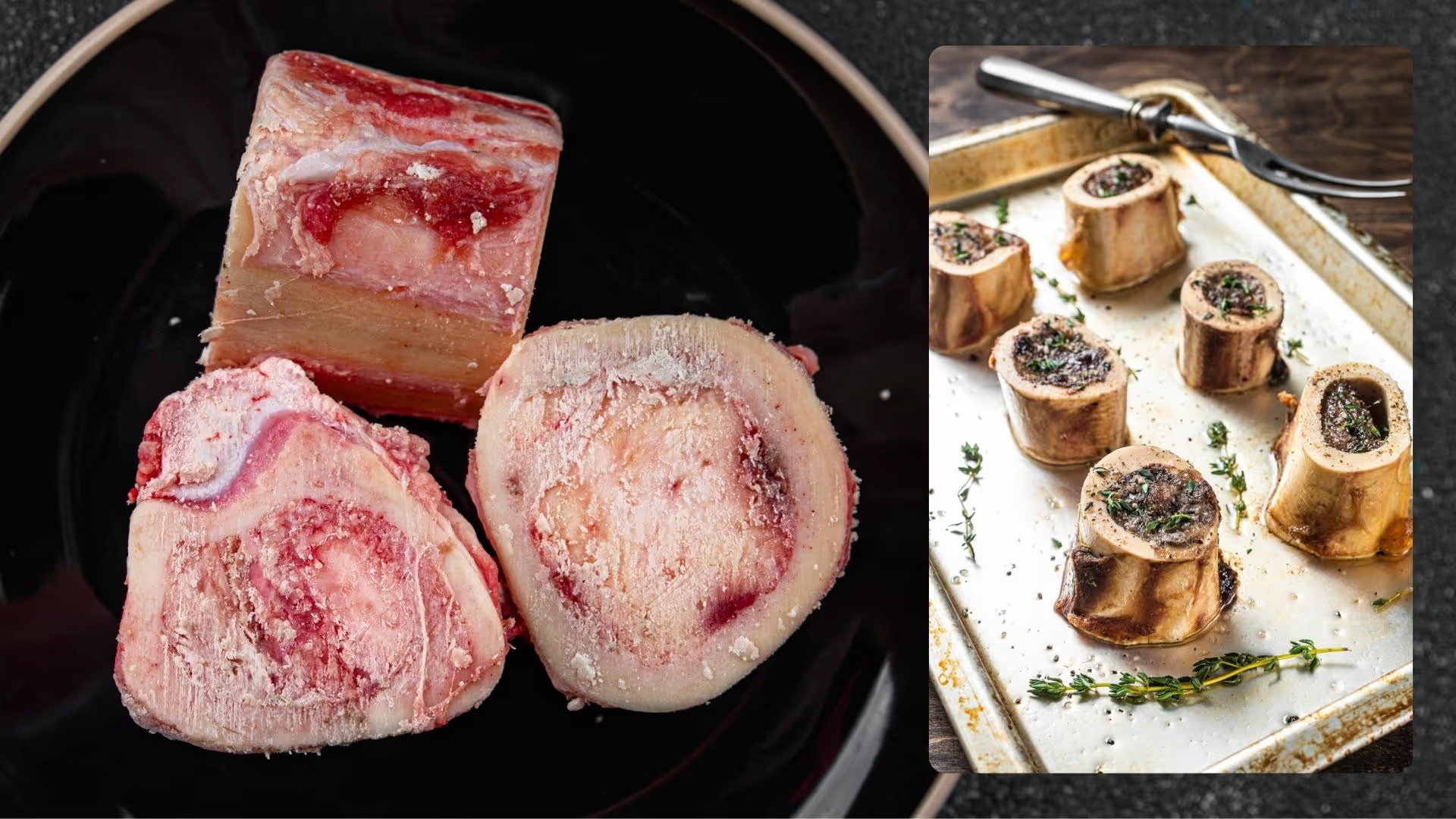


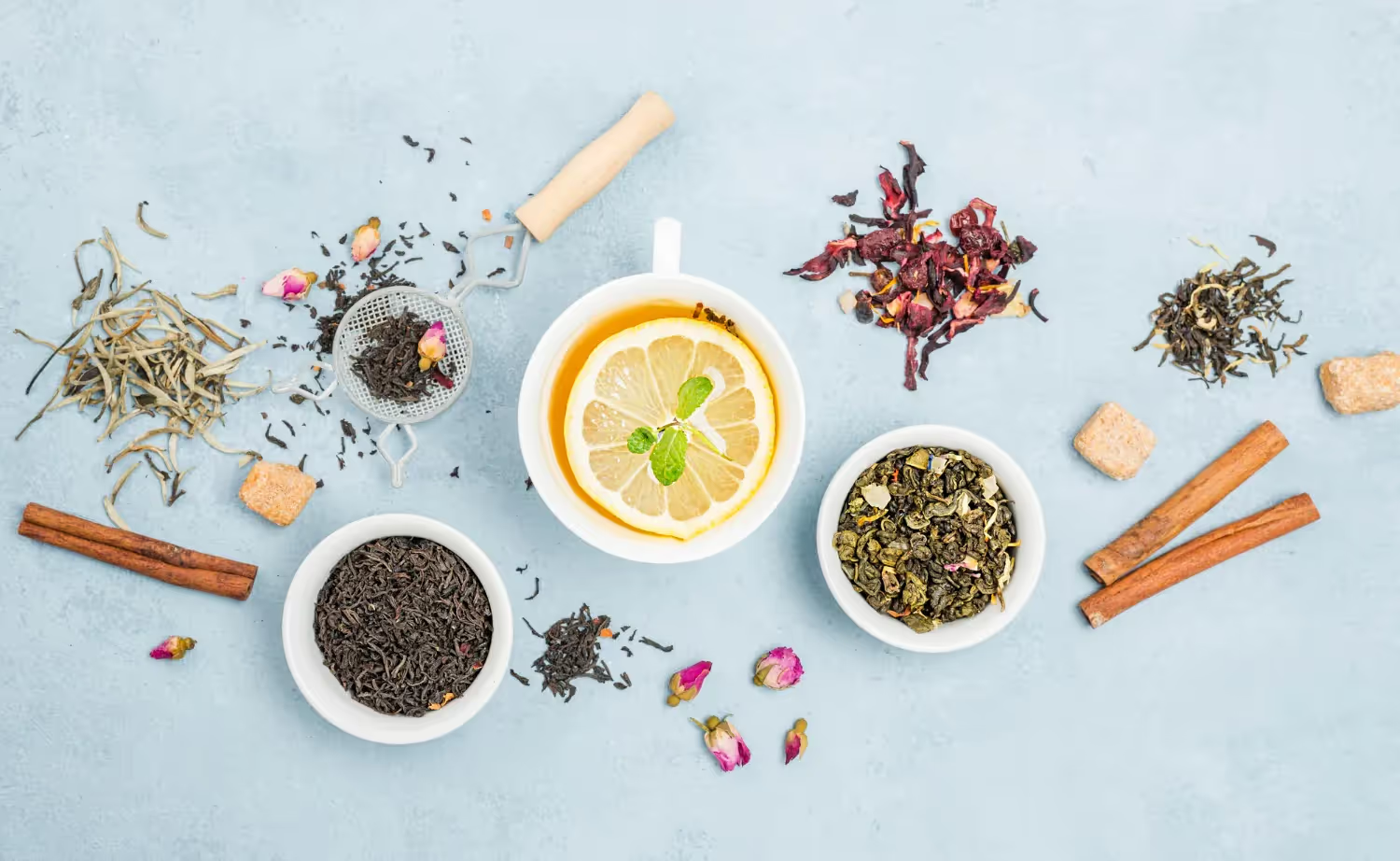

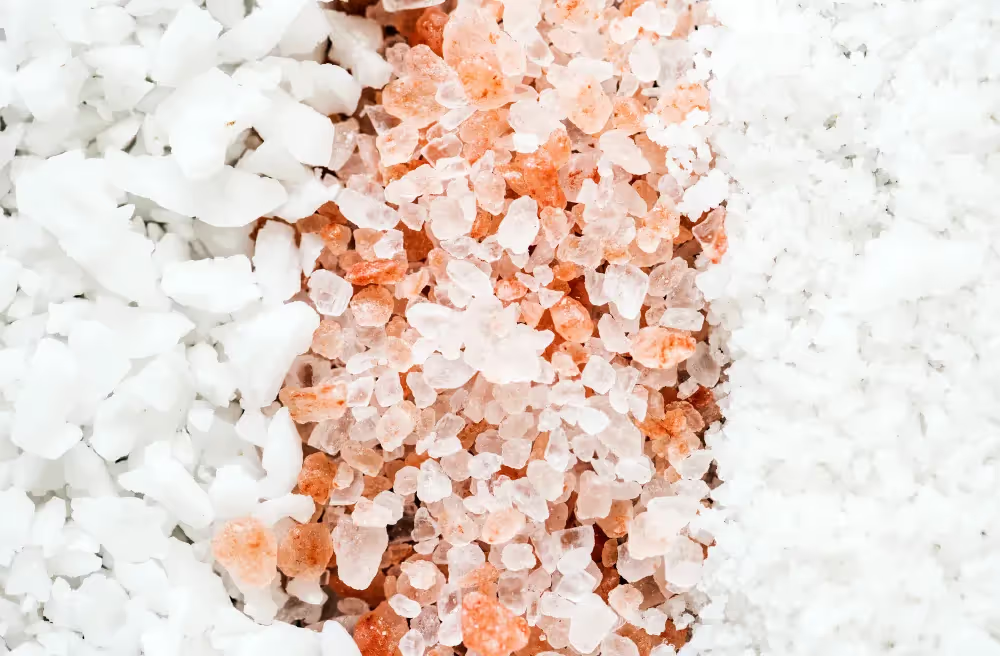


























.svg)
